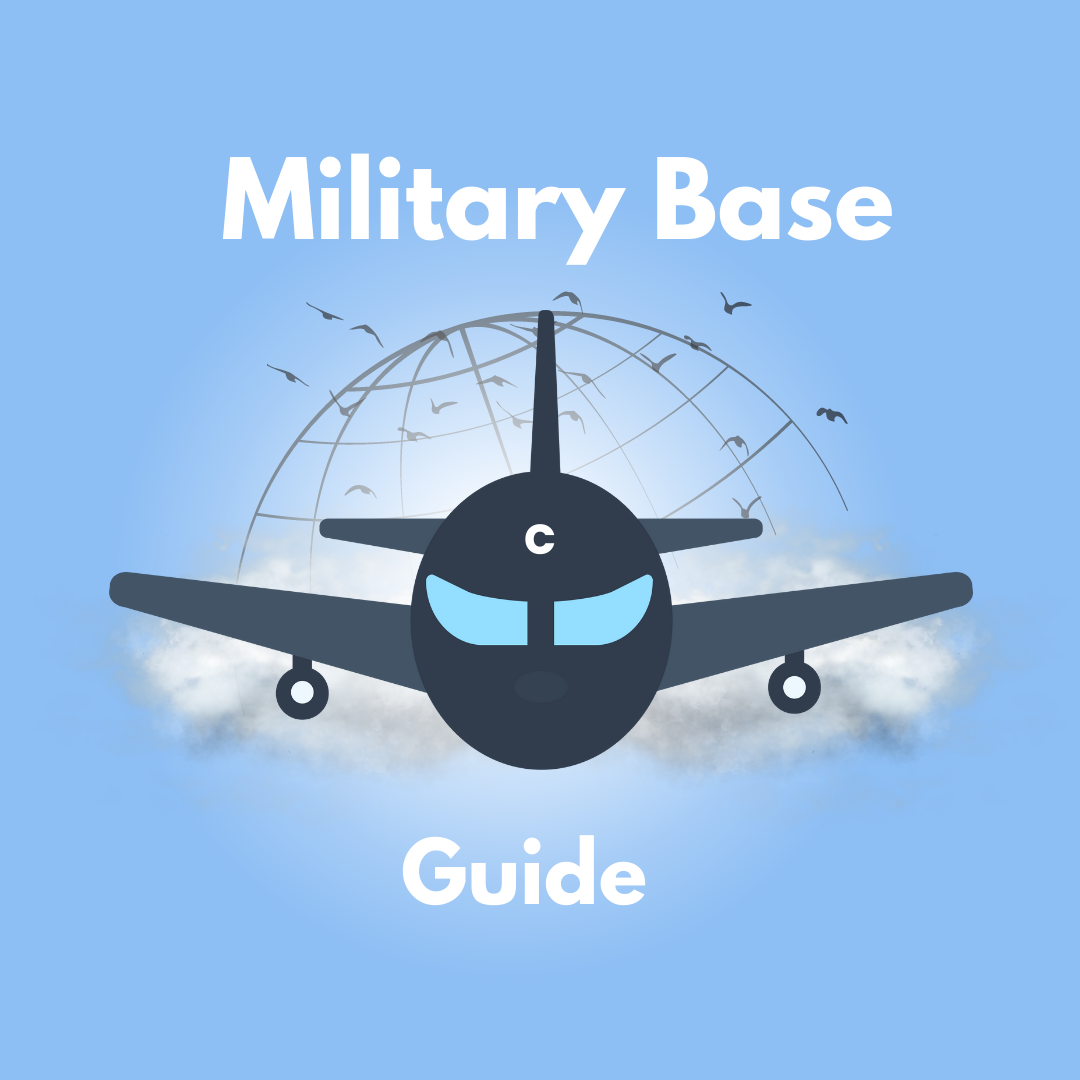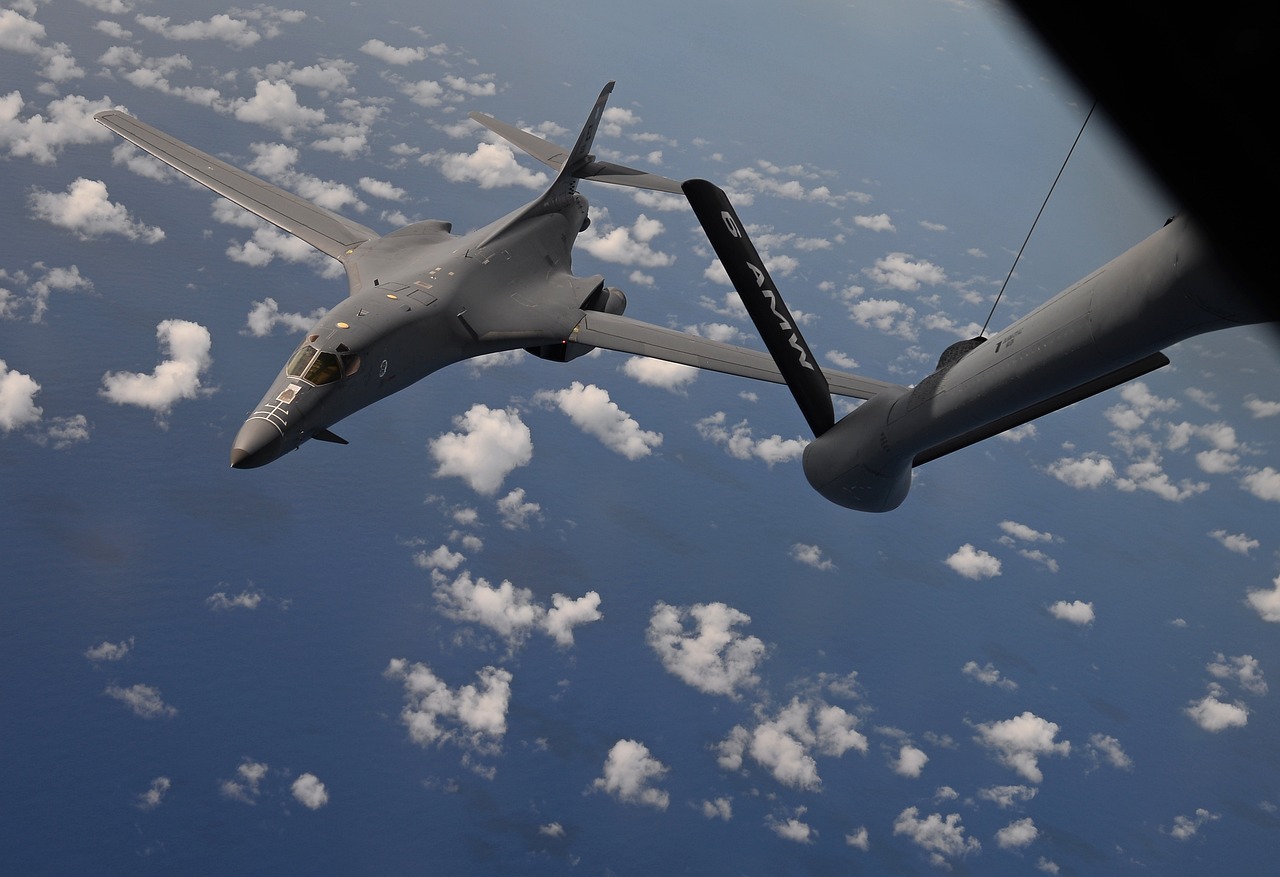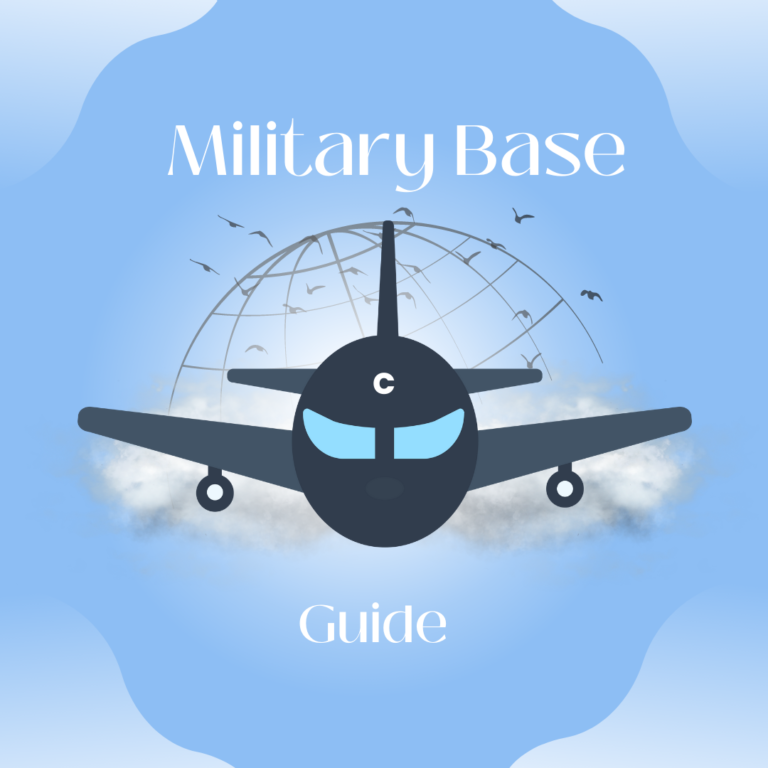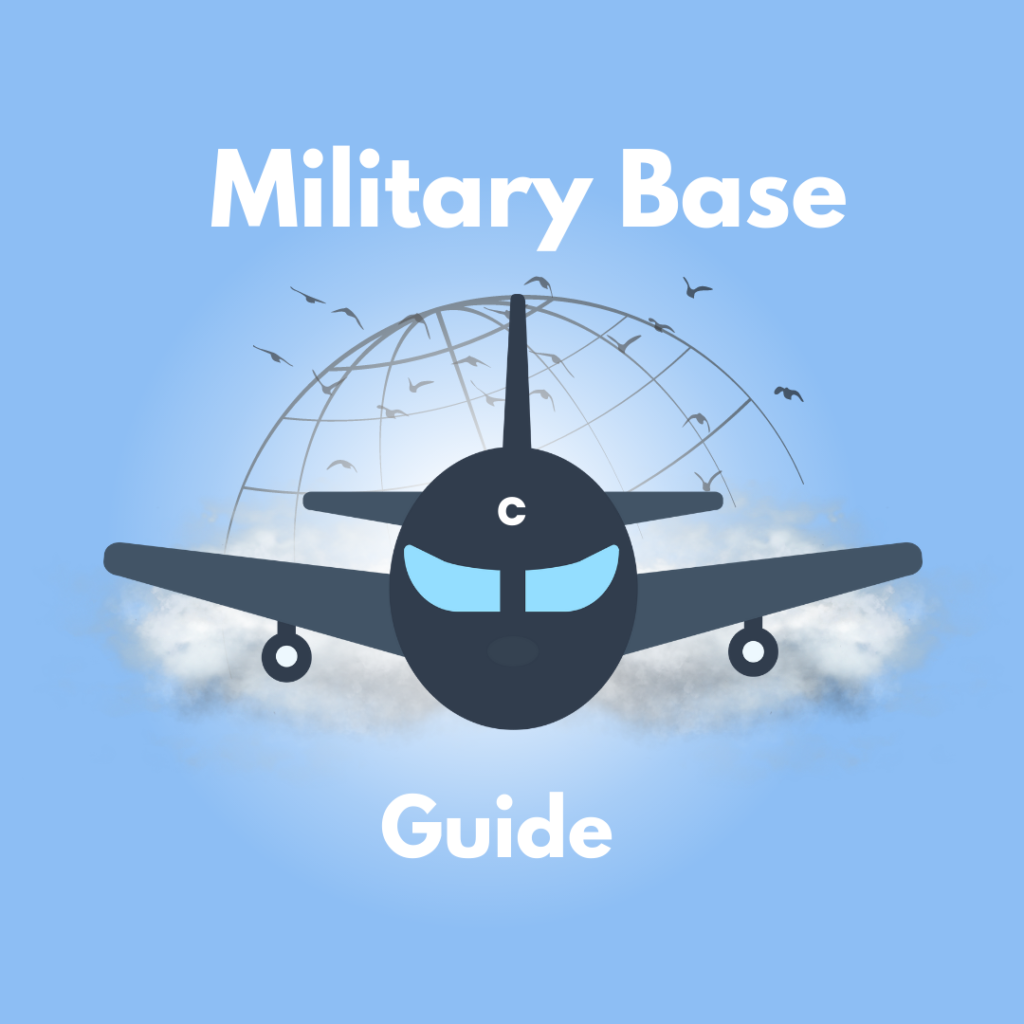[ad_1]
Forging Partnerships: The USAF’s Collaborative Approach to International Defense
In an increasingly complex and interconnected world, partnerships and collaboration have become essential in maintaining a strong and secure global defense network. Recognizing this, the United States Air Force (USAF) has adopted a collaborative approach to international defense, forging partnerships with allied nations to enhance capabilities, share expertise, and promote regional stability.
The USAF’s commitment to international collaboration stems from the recognition that no single nation can effectively address the myriad of security challenges that exist today. By cooperating with like-minded nations, the USAF not only amplifies its own capabilities but also promotes a shared understanding of security threats and fosters interoperability among partner forces.
One of the primary ways in which the USAF forges partnerships is through joint training exercises and military drills. These activities provide an opportunity for allied air forces to train together, enhance their operational capabilities, and build trust and camaraderie. For example, the annual Red Flag exercise at Nellis Air Force Base in Nevada brings together air forces from different nations to simulate real-world combat scenarios, exchange tactics, and work towards a common goal. Such exercises not only improve tactical skills but also enhance coordination and cooperation in crucial areas such as air superiority, air defense, and aerial refueling.
Another avenue for partnership is through defense agreements and alliances. The USAF has formalized its commitment to collaboration by formalizing agreements with key allies such as NATO (North Atlantic Treaty Organization). Under NATO’s framework, the USAF cooperates with other member states to provide collective defense and ensure the security of the alliance. This partnership has proven itself invaluable during times of crisis, as demonstrated by NATO’s joint response to the 9/11 attacks and its ongoing missions in Afghanistan and Iraq.
The USAF also engages in capacity-building efforts to bolster the capabilities of partner nations. Through programs like Foreign Military Sales (FMS), the USAF assists allied countries in acquiring advanced military hardware and technology, enabling them to modernize their forces and enhance their defense capabilities. By strengthening the capabilities of partner nations, the USAF fosters stability and security in regions critical to U.S. interests.
Moreover, the USAF recognizes the importance of international cooperation in addressing transnational security challenges such as terrorism, proliferation of weapons of mass destruction, and cyber threats. The USAF actively participates in international forums, conferences, and working groups to facilitate information sharing, coordinate responses, and develop joint strategies to address these global issues. By working together, the USAF and its partners can pool resources, expertise, and intelligence, leading to a more effective and comprehensive approach to security.
While the USAF’s collaborative approach to international defense offers numerous benefits, it is not without its challenges. Coordinating efforts among diverse countries with varying defense policies, priorities, and capabilities can be complex. Additionally, political considerations and potential differences in strategy may give rise to tensions within alliances. However, the overarching mission shared by these partnerships ultimately outweighs the challenges, as it is through collaboration that a collective, global defense network can be truly effective.
In an era of unprecedented security challenges, the USAF’s collaborative approach to international defense is a testament to its commitment to global stability and peace. By leveraging partnerships, joint training, and capacity-building efforts, the USAF is poised to tackle complex security threats in a united and synchronized manner. The value of forging strong alliances and collaborating with like-minded nations cannot be understated, as a secured world is not an individual effort but a collective responsibility.
[ad_2]




